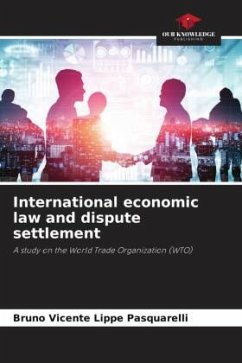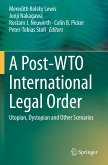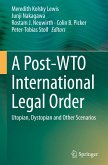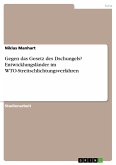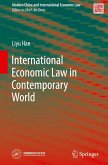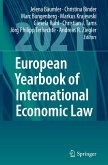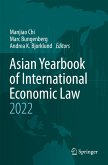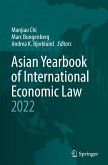The changes in the international order that took place mainly after the end of the Second World War were significant in strengthening the field and discipline of Public International Law, as well as its branches, including International Economic Law. With the dynamism of the international economy, economic and commercial relations between the subjects of international law have increased considerably, resulting in the exacerbated spread of economic controversies and the need for peaceful resolution of disputes through mechanisms structured in international organizations and agreements. At first, the General Agreement on Tariffs and Trade (GATT) encouraged the settlement of economic disputes through diplomatic channels. However, the creation of the World Trade Organization (WTO) in 1995 meant that the dispute settlement system became institutionalized through deadlines, procedures and competences, giving priority to negotiation through the courts via Panels and the Appellate Body, which interpret the rules based on the cases analysed, creating new case law.

